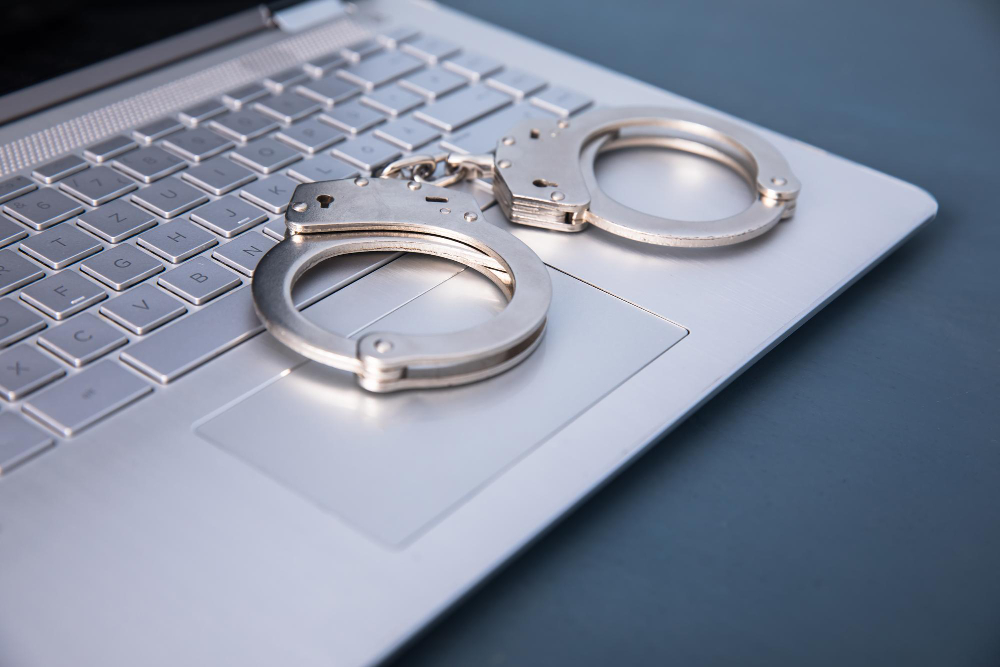


Being arrested can be a daunting experience, and one aspect many people worry about is their privacy. When you’re in the custody of law enforcement, what happens to your personal information? Which rights do you have, and how can you ensure your privacy is respected throughout the legal process?
If you’re in Orlando, FL, and facing an arrest or helping someone who is, this blog will shed light on how privacy is safeguarded in these situations. We’ll also cover actionable steps you can take to protect your rights, including how partnering with a trusted bail bondsman in Orlando, FL, can guide you through the process.
The United States Constitution offers several protections to individuals who are arrested. While being apprehended is never an ideal situation, the following rights are in place to help preserve your dignity and boundaries.
The Fourth Amendment of the U.S. Constitution defends you against unlawful searches and the seizure of your personal property. Upon an arrest:
📝 Example in Orlando: Suppose you're arrested on suspicion of theft, and the police search your phone without a warrant. This could violate your Fourth Amendment rights. Protecting your rights starts with knowing when law enforcement has crossed a line.
The Fifth Amendment safeguards your privacy by allowing you to decline answering questions that may incriminate you. Upon arrest, you should only share basic personal information such as your name and identification details. Beyond that, silence is not only your right but also a strategic way to ensure your privacy isn’t inadvertently jeopardized.
💬 Pro Tip: Politely state, “I am invoking my right to remain silent,” to clarify your stance.
Attorney-client confidentiality is a hallmark of the legal system. Any conversations you have with your attorney are protected, ensuring no information shared between you becomes public or is used against you.
⚠️ What You Should Know:
Part of maintaining your privacy during an arrest involves understanding how your personal information and records are handled.
During the booking process, law enforcement will collect identifying details such as your name, date of birth, and fingerprints. This information is then added to public arrest records, which may stay accessible to the community unless sealed or expunged.
Upon being detained, personal items like your wallet, phone, and other belongings will typically be taken from you for safekeeping.
👉 Pro Tip for Orlando Residents:
While awaiting trial, consider working with a trusted bail bondsman in Orlando, FL. They can expedite your release and minimize the time you spend in custody, keeping your personal details from being pulled through unnecessary channels.
Although not directly a part of the arrest process, your social media presence can sometimes come under scrutiny. Publicly available posts and activity may be reviewed as part of an investigation. To further protect your privacy:
While privacy protections exist, there are risks you should be aware of:
👉 Preventative Measures:
Having legal counsel and a trusted bail bondsman in your corner can greatly mitigate these risks.
If you or a loved one has been arrested in Orlando, FL, the assistance of a professional bail bondsman can lighten the load and protect your privacy. Here’s how:
The longer you remain in custody, the more personal information becomes subject to processing and filing. A bail bondsman expedites the bail process, ensuring you spend minimal time in a public detention facility.
Bail professionals handle piles of paperwork, ensuring no mistakes are made that could compromise your private information. They walk you through all necessary disclosures and help ensure your case moves forward smoothly.
Knowing an expert is guiding you not only reduces stress but also ensures you're not alone in handling sensitive legal tasks. Experienced firms like Mike Snapp Bail Bonds understand the nuances of privacy management in Orlando.
It’s empowering to know you play an active role in protecting your own privacy. Here are some actionable steps:
Seal or Expunge Records – Work with your attorney to petition for sealing or expunging arrest records, if eligible.
Navigating an arrest is challenging—but understanding your rights and enlisting professional help can make all the difference. Your privacy matters, and the steps you take today can impact how your information is handled tomorrow.
If you're looking for a trusted bail bondsman in Orlando, FL, contact Mike Snapp Bail Bonds today. With years of expertise, we’re here to help you reclaim your freedom while ensuring your privacy is respected every step of the way.